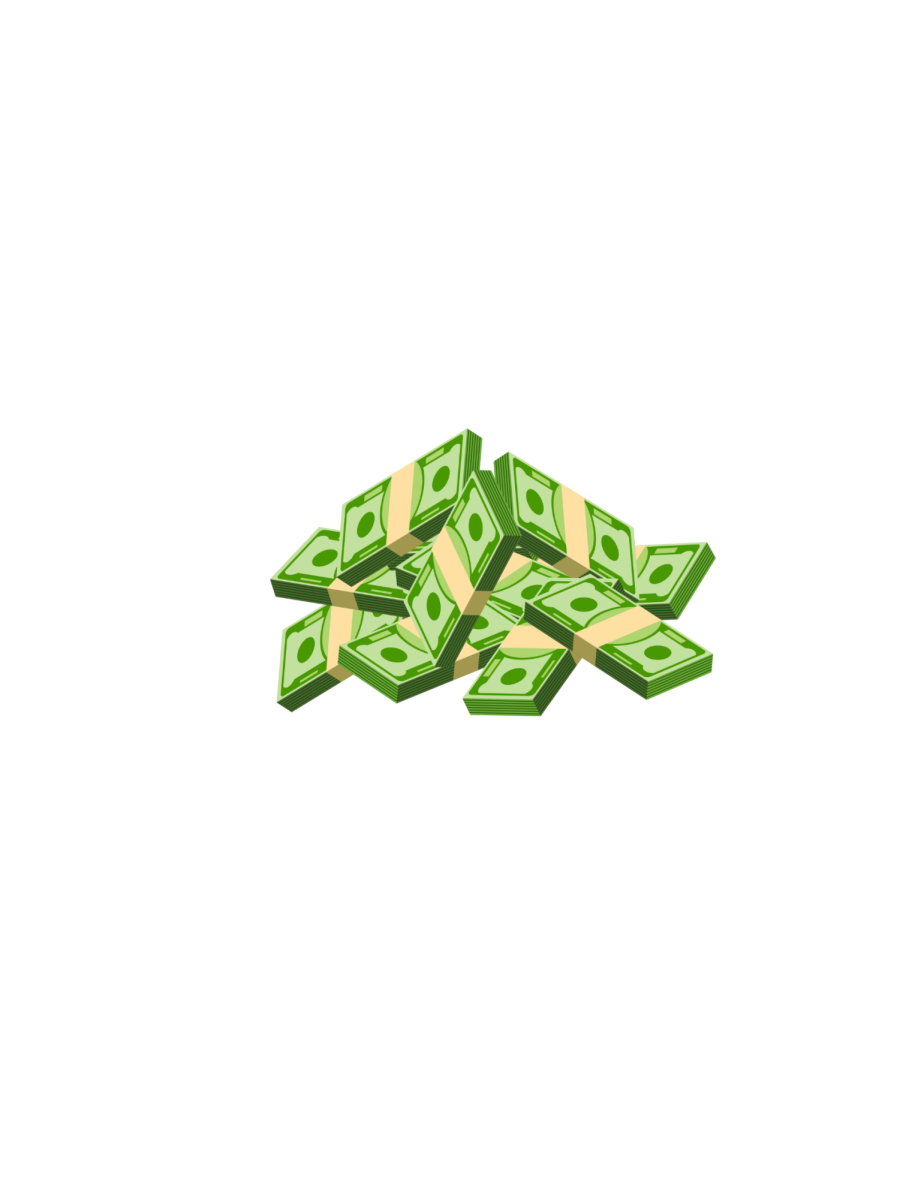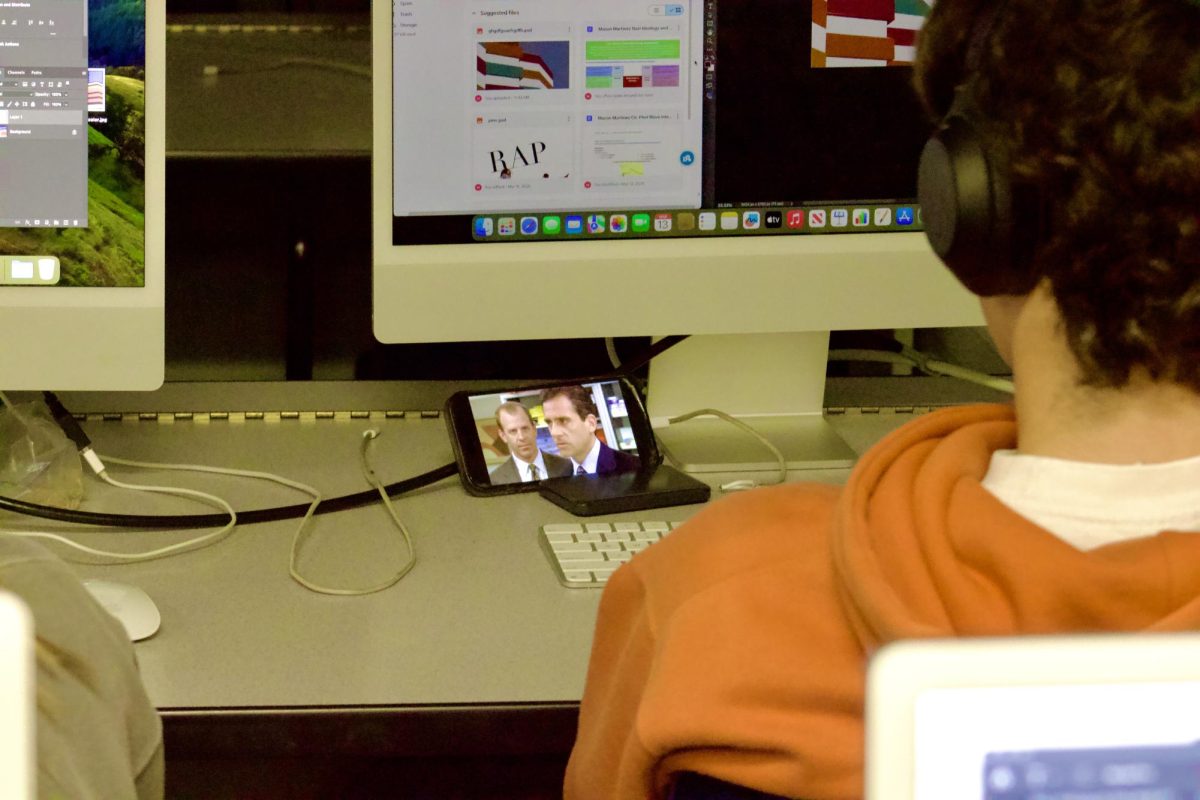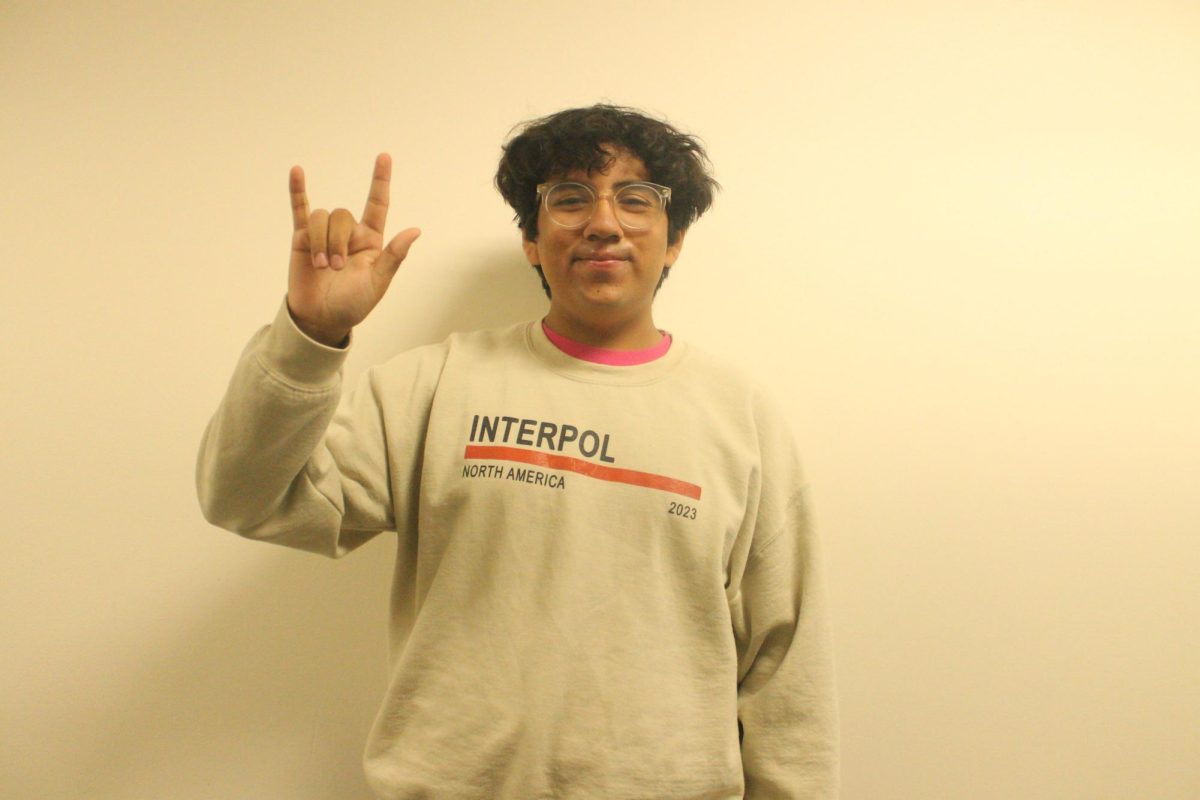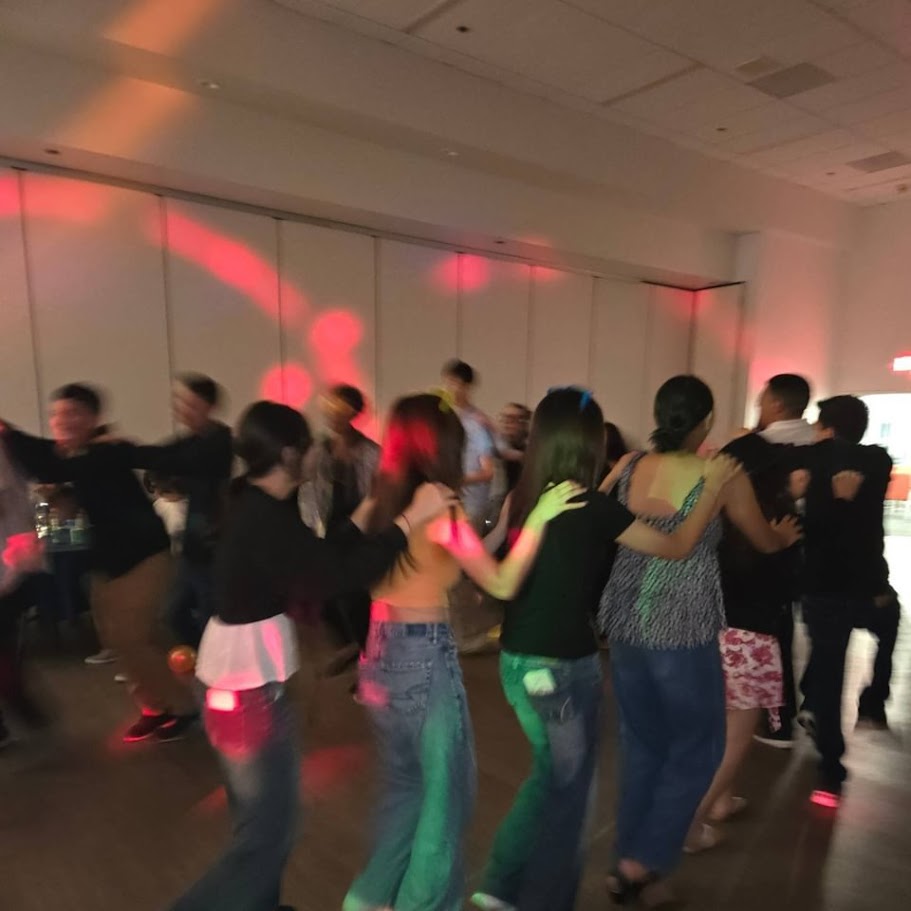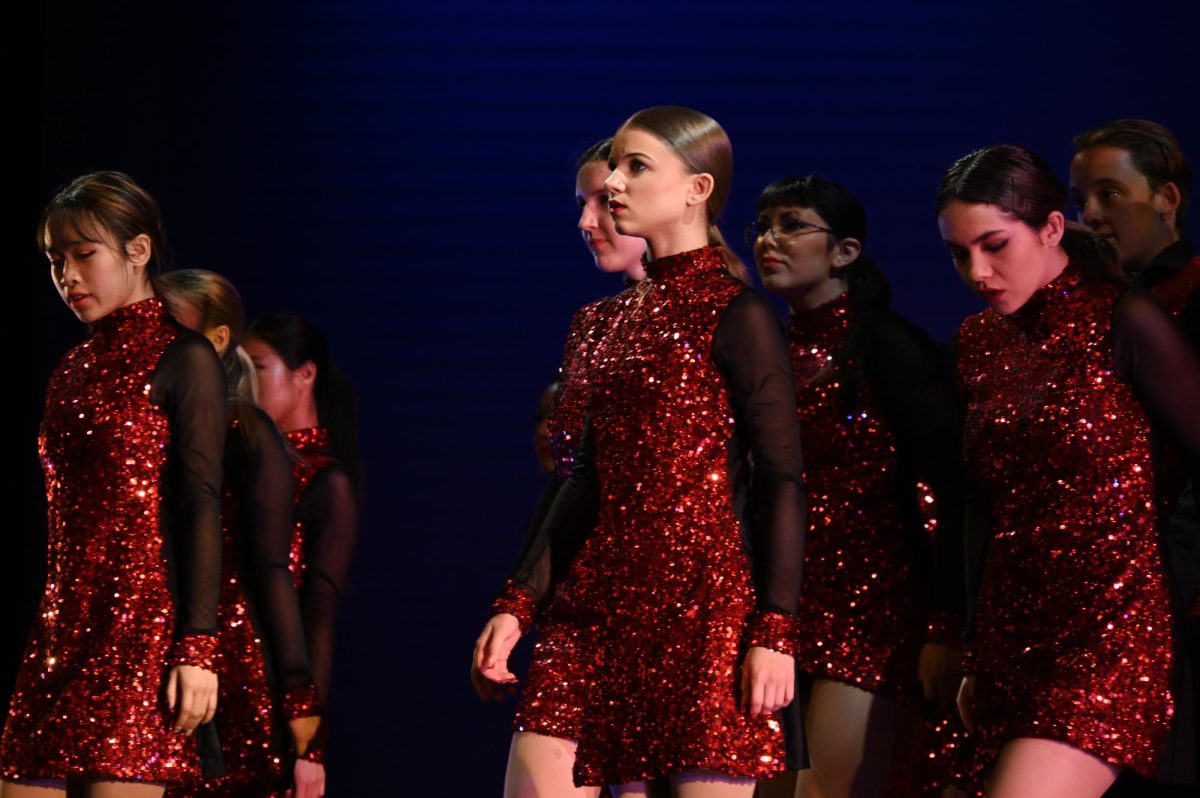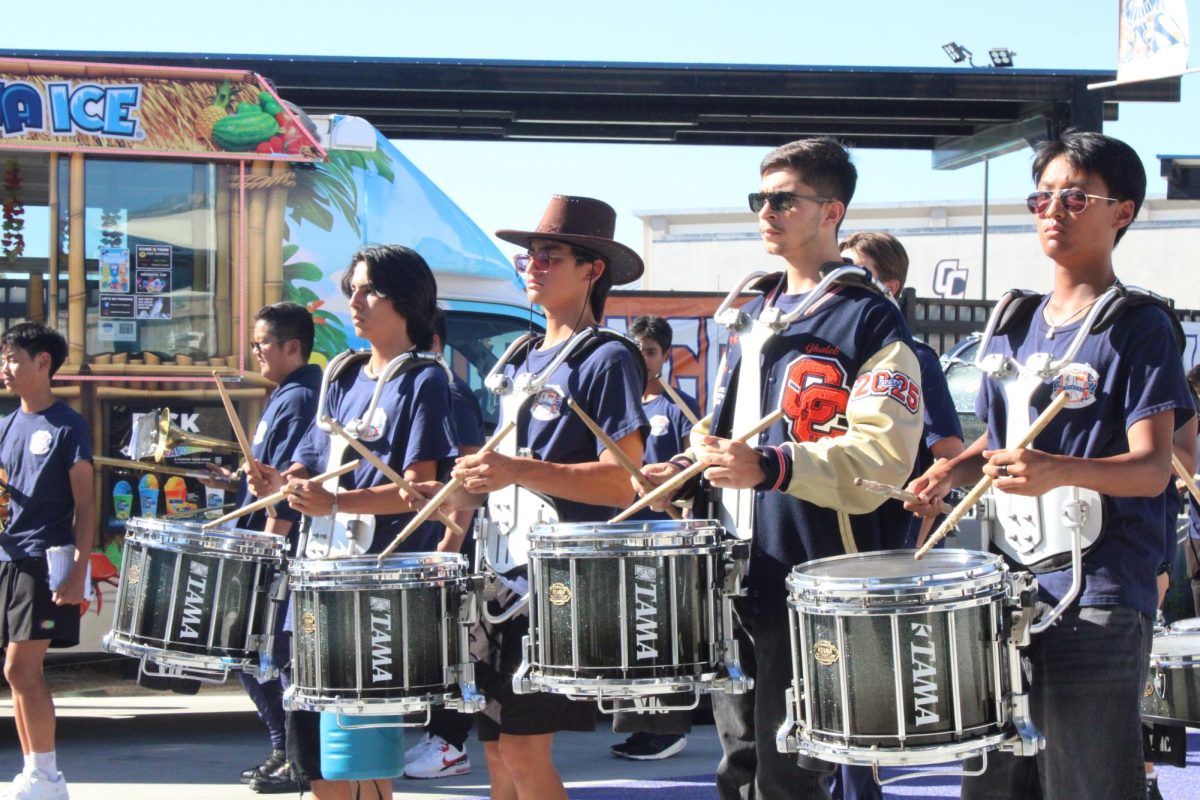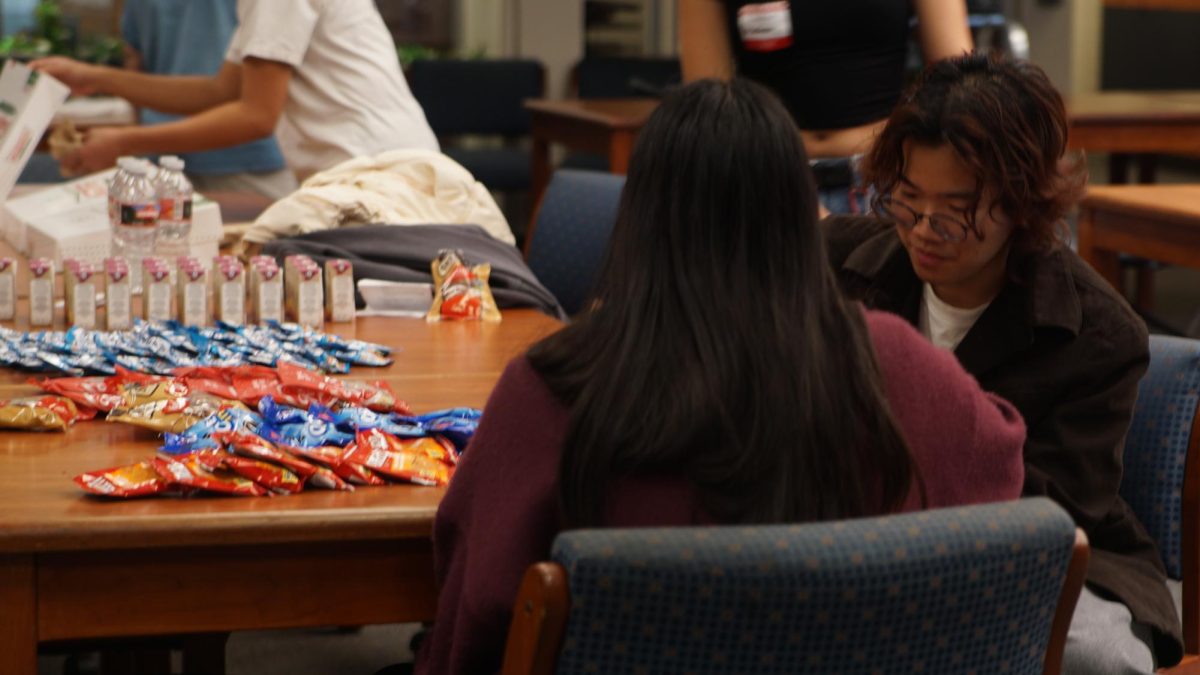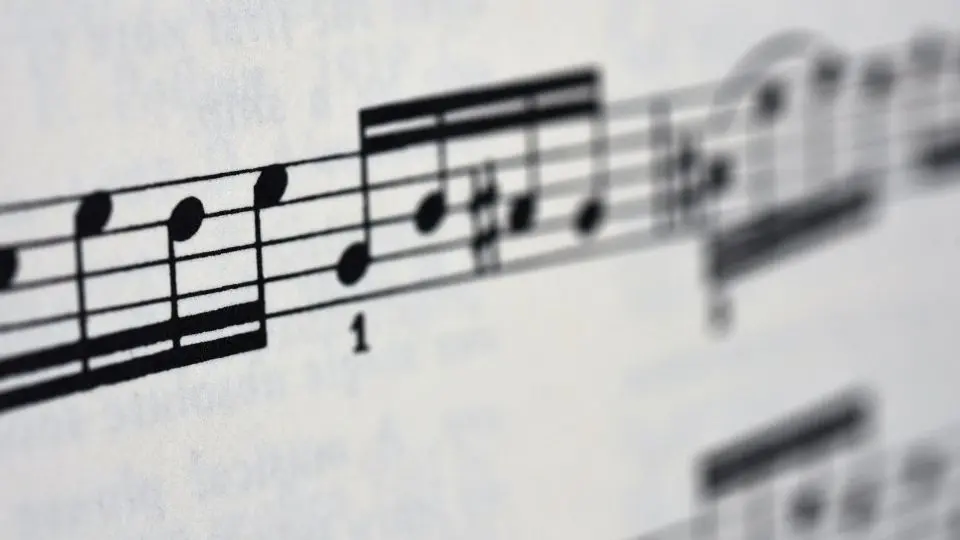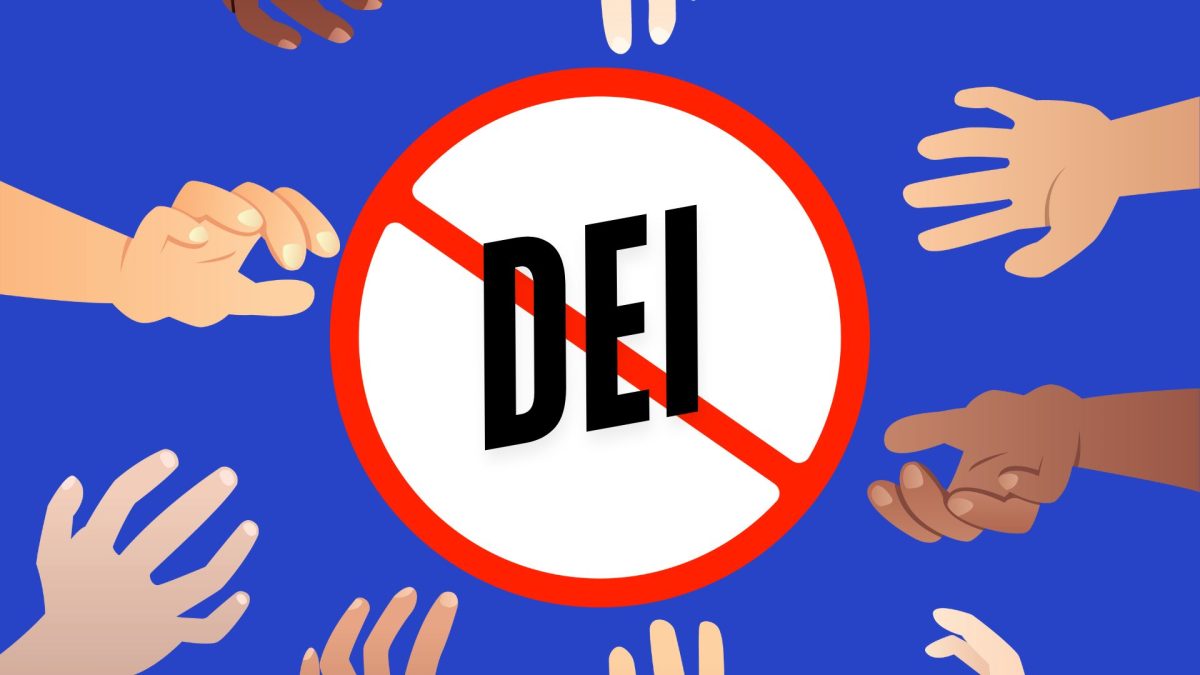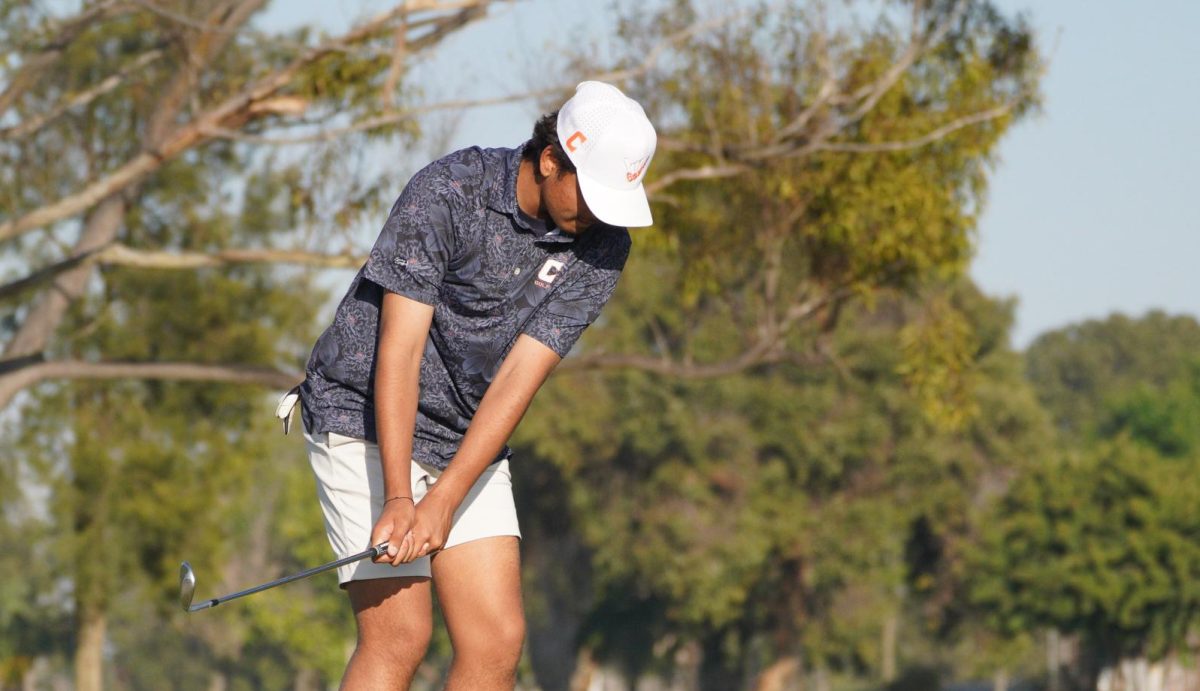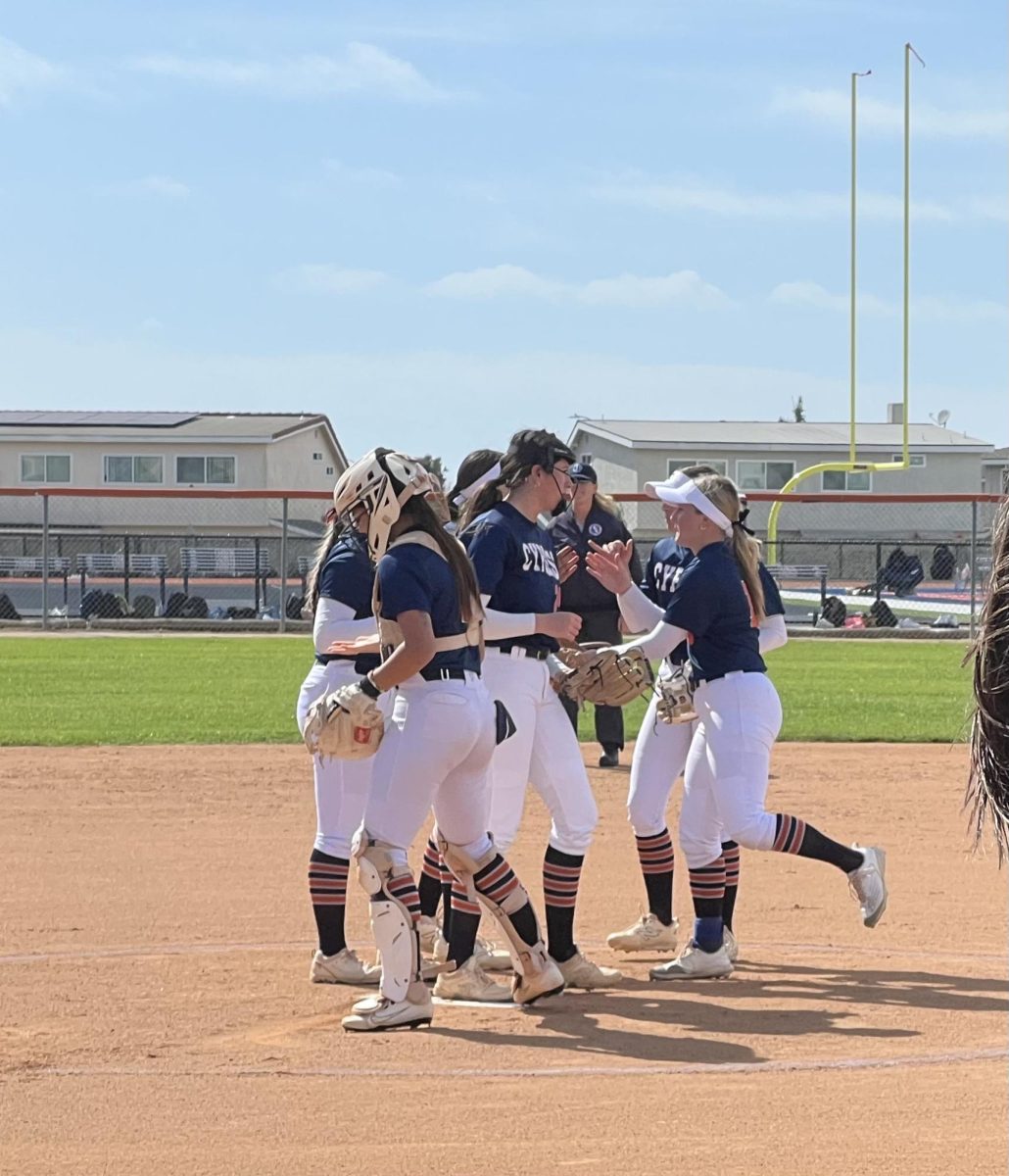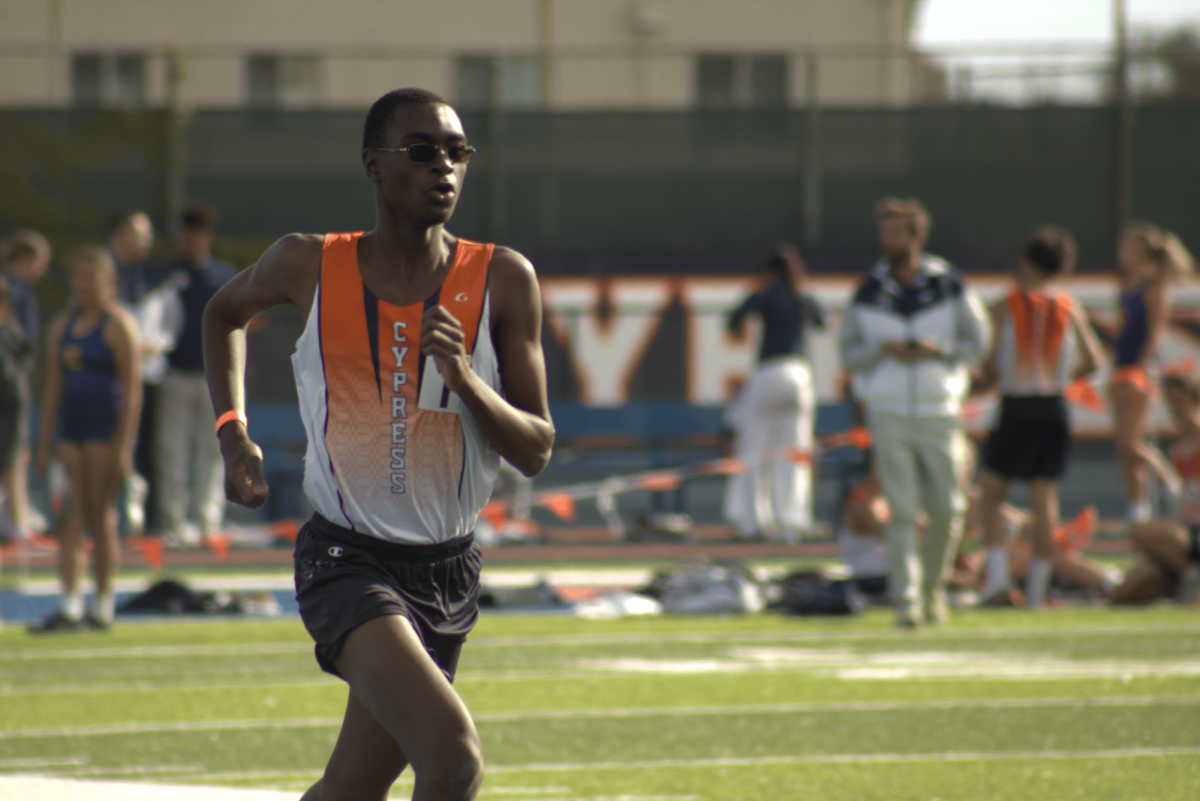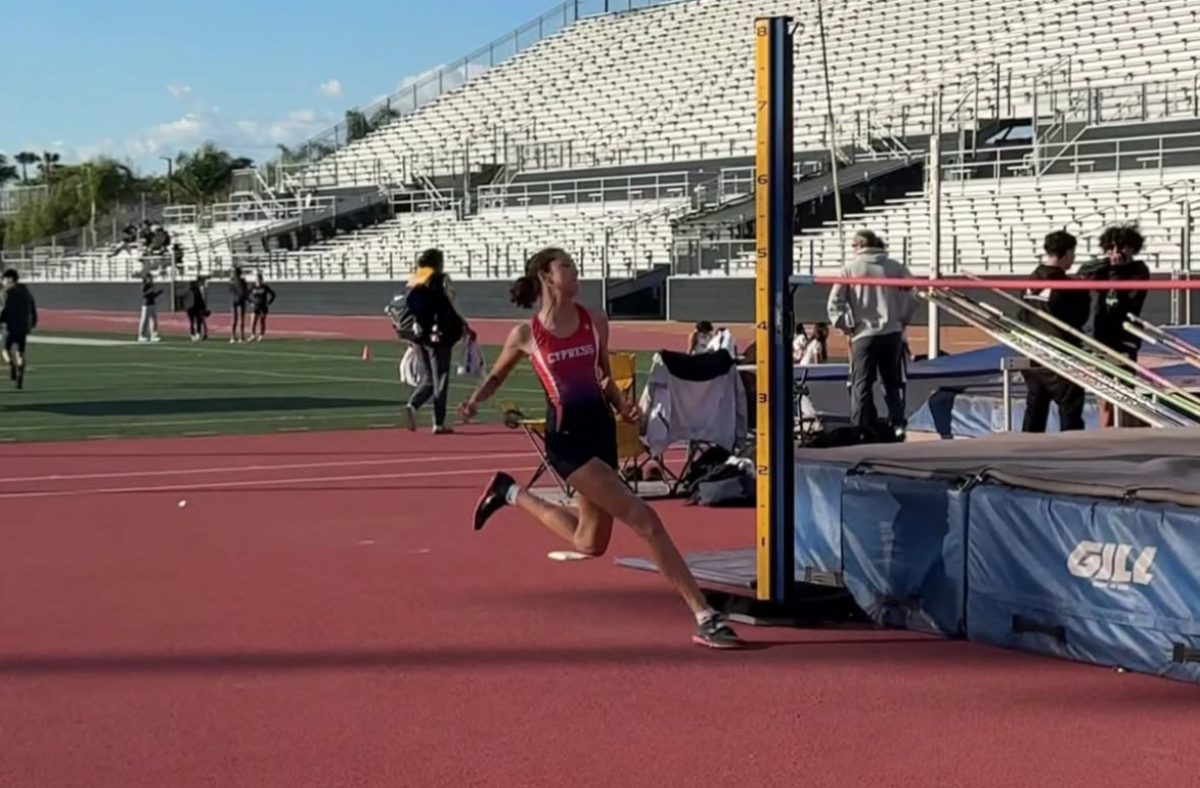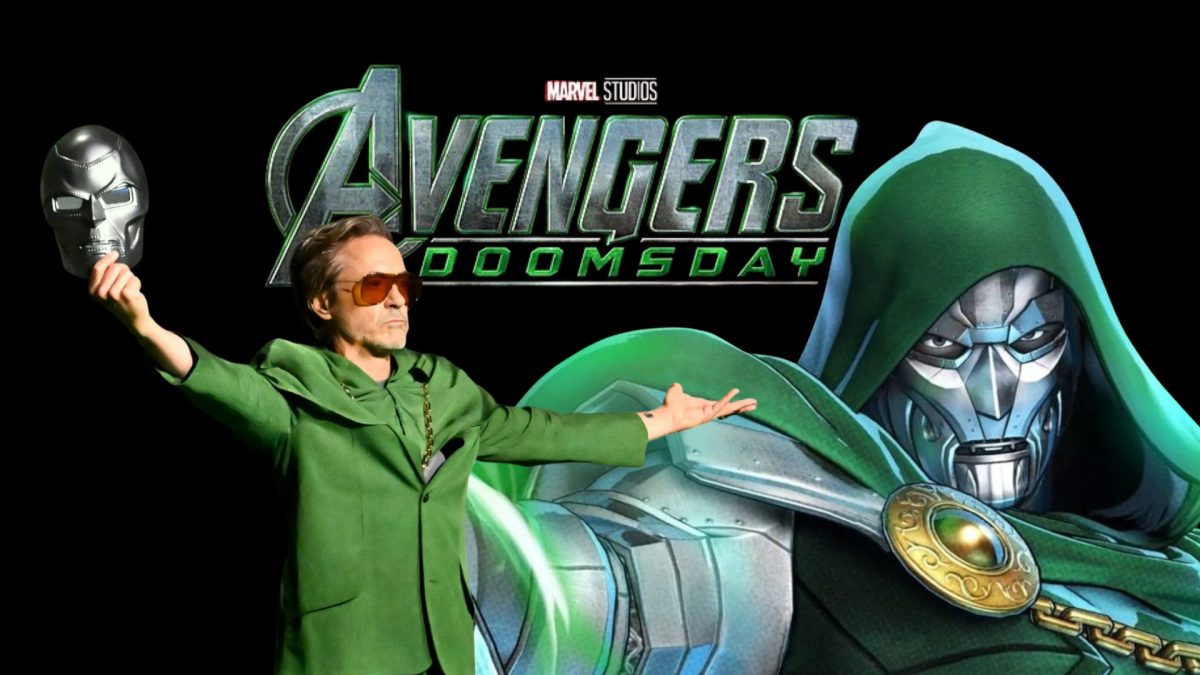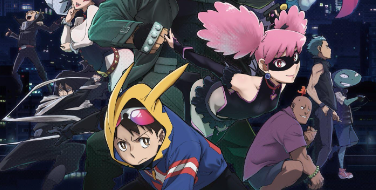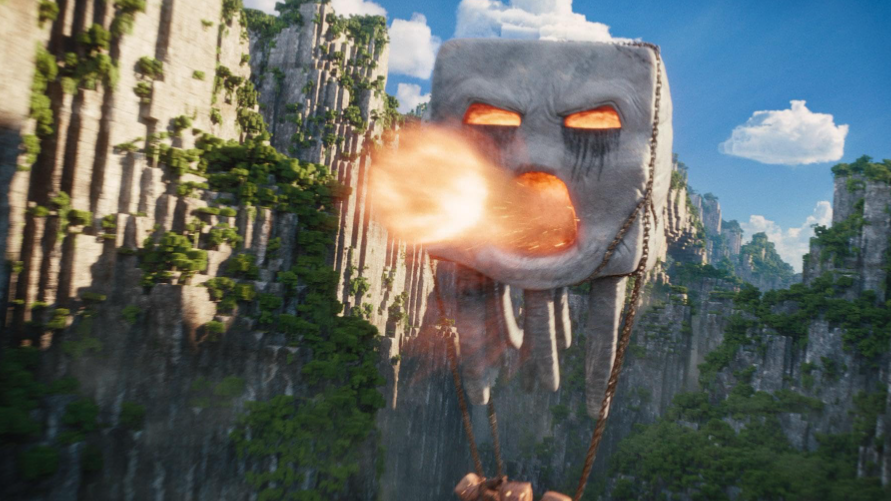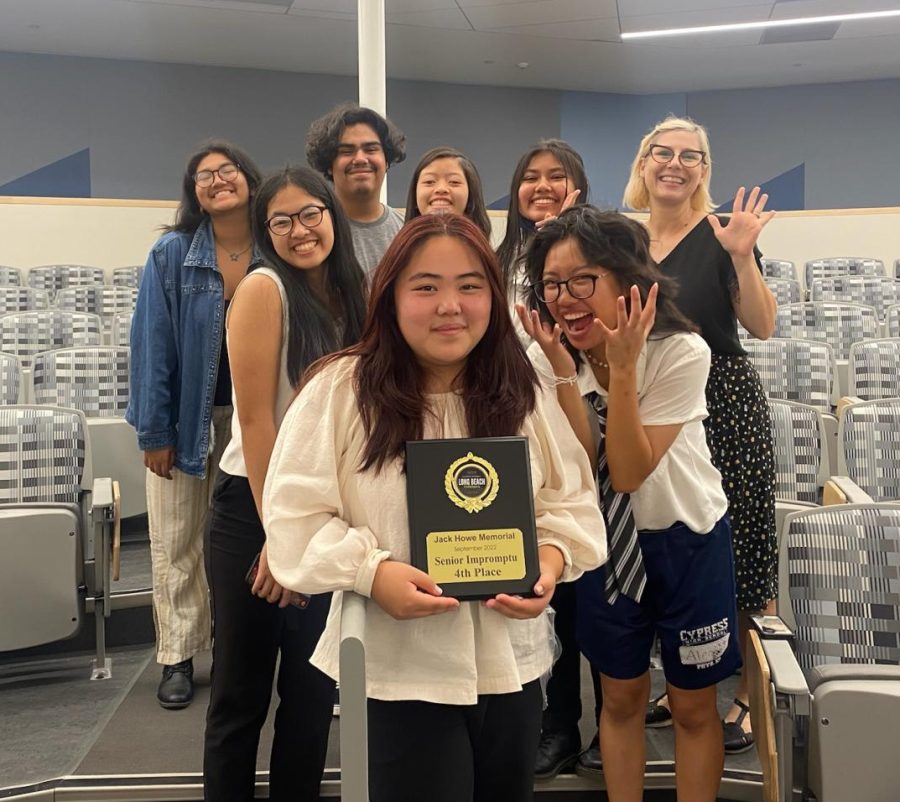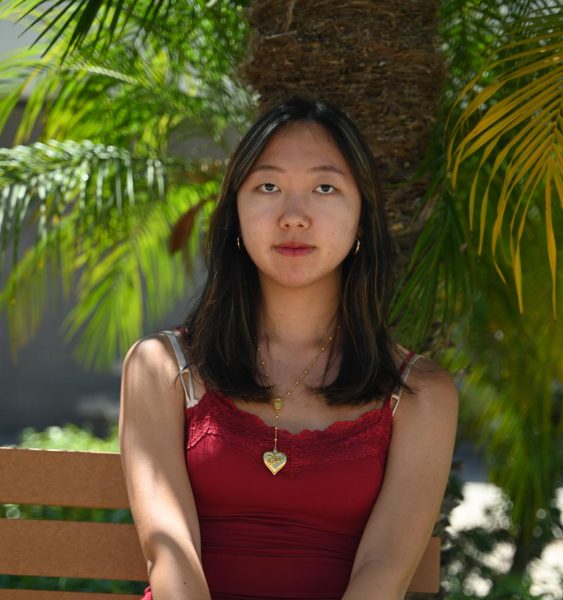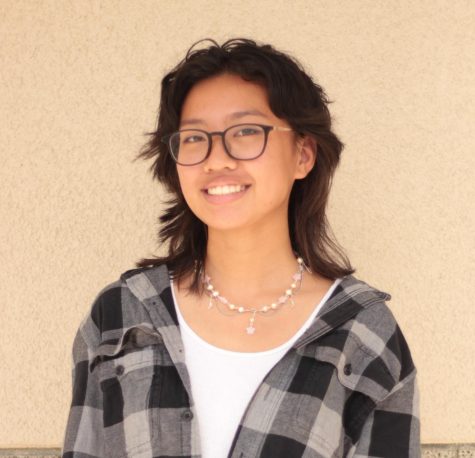Speech and Debate Club
photo by Anelina Alegre
Speech and Debate celebrates their president Becca Choe, who won fourth place in Impropmtu speech at the Jack Howe Tournament.
February 23, 2023
Cypress High’s Speech and Debate Club participated in a debate tournament, OCSL Novice, on October 8, 2022. Their topic was “The United States ought to implement a single payer universal healthcare system.” Gavin Tan, a participant of the tournament and a member of the team, explained the different aspects of being a part of the club and being in a debate.
When asked how he would prepare for speech and debate competitions, Tan said, “First, you have to make your case, which consists of quoting. You have to quote authors and sources. We call those cards, when you quote a website to make your speech. Then we also practice debating between ourselves, following the Lincoln Douglas guidelines.”
Competitions were shifted to online following the pandemic, and there tended to be technical difficulties at times. They start off with the person who affirms the resolution giving a speech of six minutes, called aff cross. Then the person who negates the resolution will ask questions. This is followed by the person who negates giving a four minute speech, and the person who affirms asks the person who negates questions, called negcross. There are three speeches, aff neg aff.
Tan described the arrangement of debates. “In order to join a debate, you need to have a judge.” He further explained that if two people from Cypress wanted to join a debate, they would require someone to go and judge their speeches and debates. “You don’t get to pick your own, you give your judge to the NSDA. The NSDA will release debate topics and due to Covid, we will do the debates on tabroom.com. Usually, we go to colleges, sometimes Fullerton, sometimes Long Beach.” The results come out around 3:00-4:00pm on the day of the tournament, where they announce the top 10. Competitions occur around once a month, depending on the divisions.
When participating in the tournament, it’s easy to get nervous and scramble when finalizing your preparations. “It can be hard to keep your composure, especially when your opponent is ‘attacking’ you. But it is fun when you’re in the moment.”
Speech and Debate begins with ice breakers before splitting into groups, which is followed by improv and debating with one another. After learning the areas in which you can improve on, the debate captains will focus on the feedback from the judges through exercises such as listening to other people’s cases in order to try and find areas to attack.
Tan recommends joining Speech and Debate because “you get to practice your public speaking skills. “Originally, I was a very shy and socially awkward person, but after joining Speech and Debate, I’ve learned how to be more assertive. I’ve also gained skills in digital literacy and analysis.” Those who struggle with those skills should join Speech and Debate and experience growth with a community of like-minded people.


